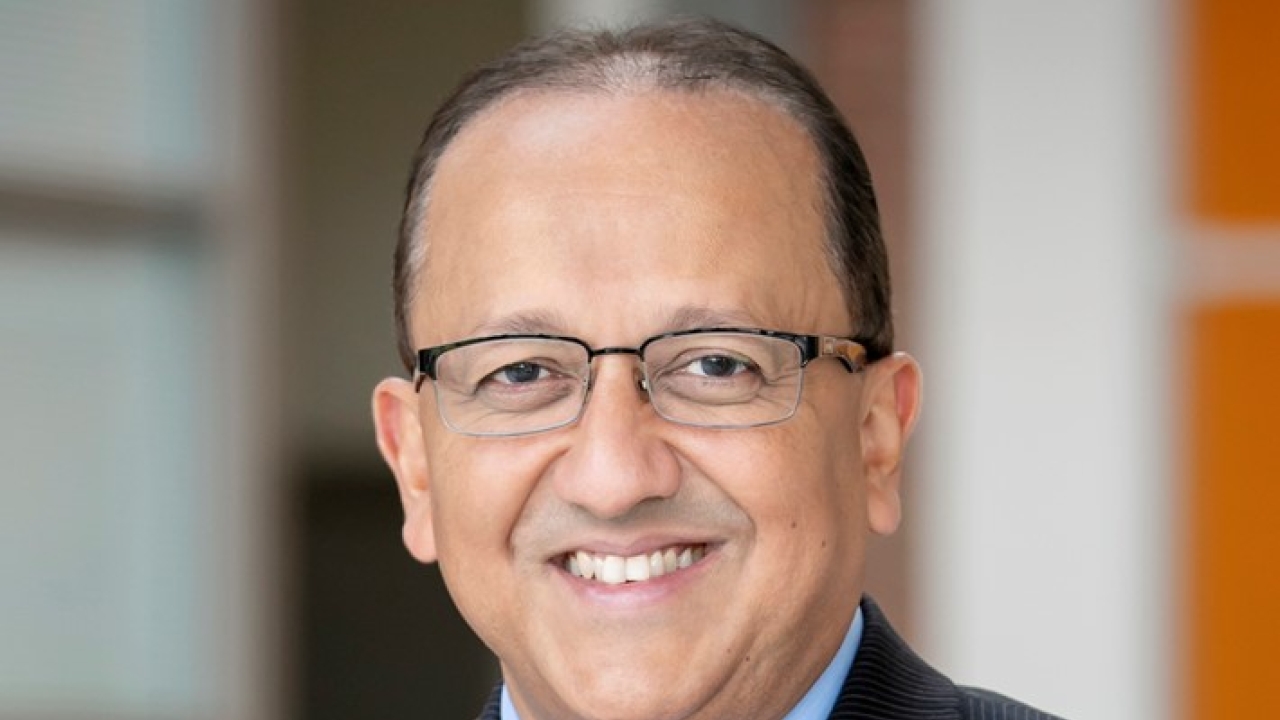
Event Date
Integration of biology, medicine, and engineering and especially fabrication methods at the micro and nano scale offers tremendous opportunities for solving important problems in biology and medicine and to enable a wide range of applications in diagnostics, therapeutics, and tissue engineering. Specifically, microfluidics and Lab-on-Chip can realize applications in detection of disease markers, counting of specific cells from whole blood, and for identification of nucleic acids using sensitive and specific, point-of-care and personalized technologies. The implication of these technologies for advancing personalized medicine for diagnosis of infection and stratification of sepsis would be discussed. Moving up the scale from nanotechnology and microfluidics, 3D bio-fabrication methods for biohybrid polymer devices can also be used to develop instrumented tissues for drug screening and biohybrid robotics. As these cellular machines increase in capabilities, exhibit emergent behavior, and potentially reveal the ability for self-assembly and self-repair, important questions can also arise about the ethical implications for this direction of research, which are very important to consider and address. These cellular systems present many opportunities in the next decade and beyond with potential applications in drug delivery, power generation, and other biomimetic systems.
Bio
Rashid Bashir is Professor of Bioengineering, the Grainger Distinguished Chair in Engineering, and is currently the 15th Dean of Grainger College of Engineering at the University of Illinois at Urbana-Champaign. He received his B.S. degree in Electrical Engineering from Texas Tech University and his M.S and Ph.D. in Electrical Engineering from Purdue University in 1992. He spent 6 years at National Semiconductor Corporation rising to a Sr. Engineering Manager where he contributed to or led the development and commercialization of 4 generations of analog, high voltage, and RF microelectronics manufacturing technologies. He started his academic career at Purdue University where he spent 10 years. He held a Visiting Scientist position at Massachusetts General Hospital and Shriner’s Hospital for Children and was Visiting Professor of Surgery at Harvard Medical School, Cambridge, MA. He was the recipient of the Joel and Spira teaching Award at Purdue, the NSF Faculty Early Career Award. He joined University of Illinois at Urbana Champaign in 2007 as the Director of the Holonyak Micro and Nanotechnology Laboratory, a campus wide resource in clean room fabrication and bionanotechnology. In 2012, he became the head of the Department of Bioengineering. He was member of the core founding team for the Carle Illinois College of Medicine, the world’s first engineering-based College of Medicine at the University of Illinois Urbana-Champaign. He was co-chair of the curriculum development committee and also served as the Executive Associate Dean and chief diversity officer for the Carle Illinois College of Medicine. In 2018, he was appointed as the 15th dean of the College of Engineering (renamed to The Grainger College of Engineering in 2019). He is an internationally renowned scholar in micro-fluidics and nanotechnology based diagnostic technologies for precision and personalized medicine, and 3D biofabrication of multi-cellular engineered living systems for biological soft robotics. He has authored or co-authored over 320 journal papers and has been granted over 65 patents. He has graduated over 35 PhD students, over 20 masters, and mentored over 35 post doctorial fellows. He has received research funding from NSF, NIH, USDA, DOD, industry, and other sources. He been PI of an NSF Graduate Training Grant and an NIH Training Grant and other centers, and developed 5th12th training and outreach programs. Bashir received the 2012 IEEE EMBS Technical Achievement award and the 2018 Pritzker Distinguished Lectureship Award from the Biomedical Engineering Society (BMES). He also received the 2021 Professional Impact Award for Education from the American Institute of Medical and Biological Engineering (AIMBE). He was on the founding team of the Chan Zuckerberg Biohub Chicago, awarded in 2023 and now is a member of the Executive Advisory Committee. He is a fellow of IEEE, BMES, AIMBE, APS, IAMBE, RSC, and AAAS. He was elected to the National Academy of Inventors in 2018, National Academy of Medicine in 2023, and to the American Academy of Arts and Sciences in 2024. He is also academic co-founder of Prenosis, Inc. and VedaBio, Inc.
